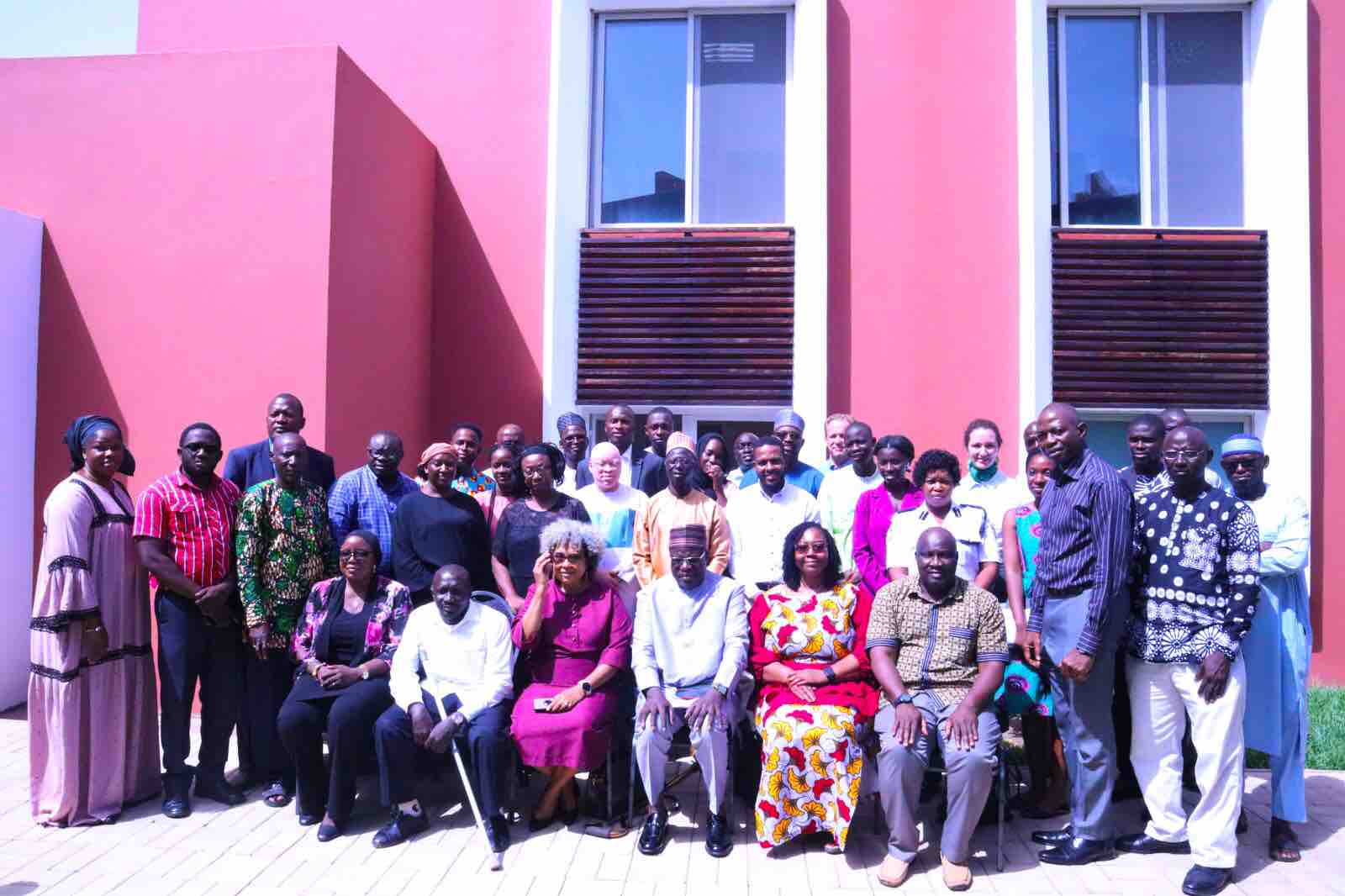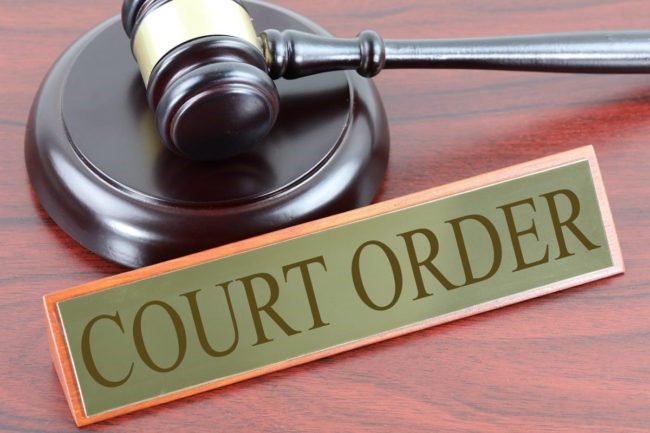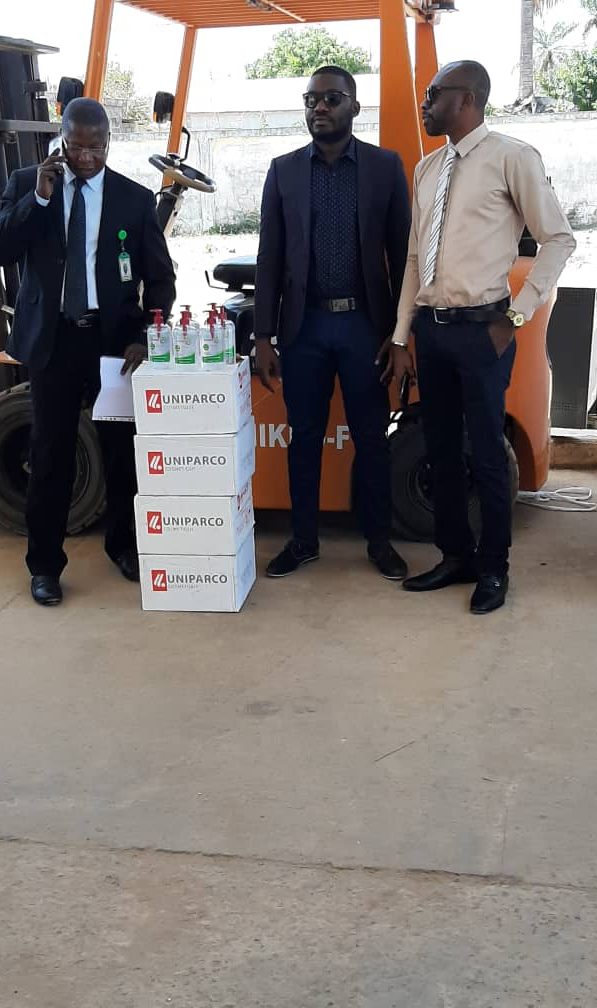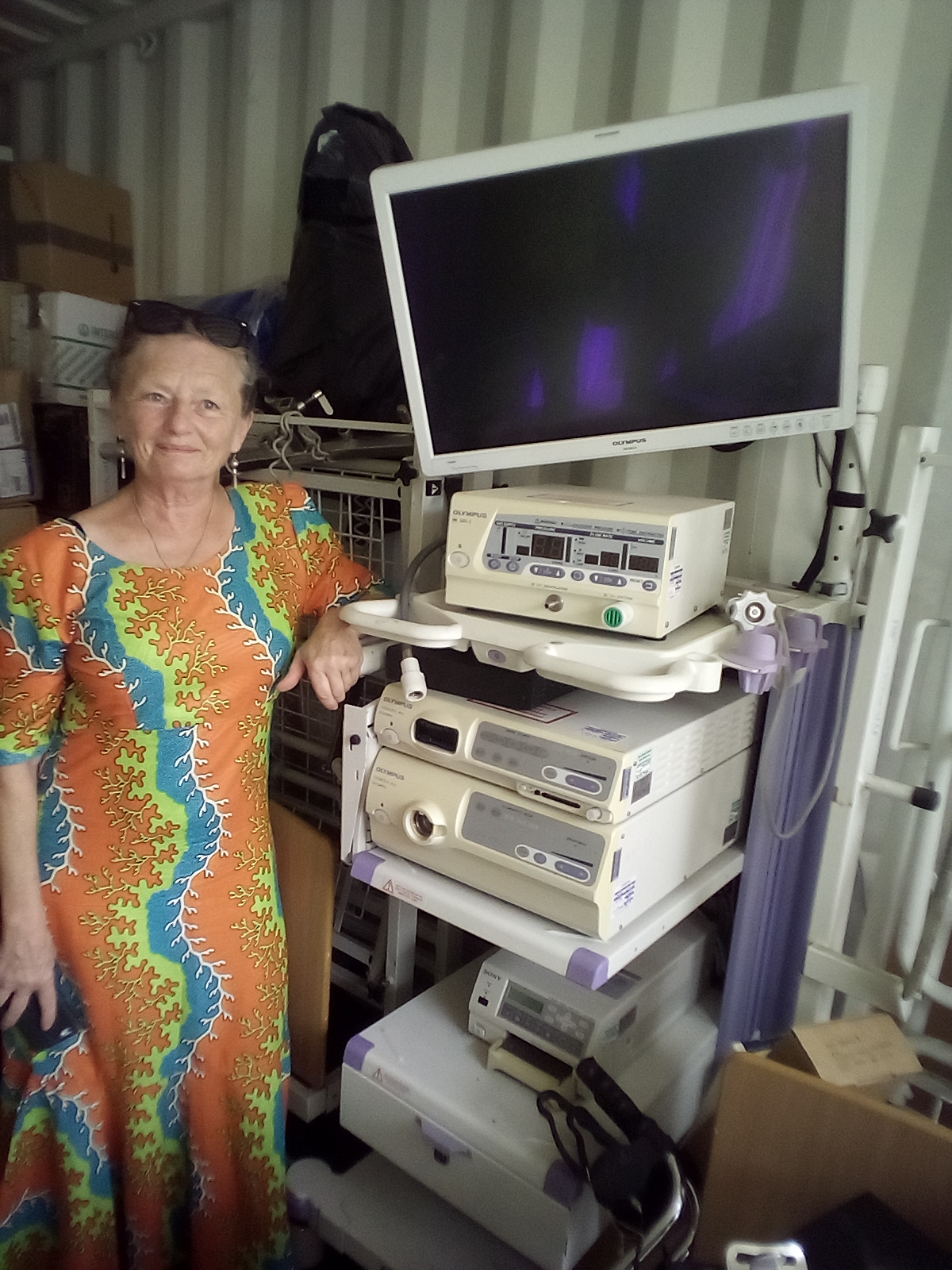The Deputy Permanent Secretary (Admin and Finance) at the Ministry of the Interior, Mr. Ismaila Danso, on behalf of the Honourable Minister and the Permanent Secretary of the Ministry of the Interior, on Thursday, 11th August 2023, presided over the first meeting of the Technical Committee of Infrastructure for Peace (I4P) Project.
The meeting allowed members of the committee to review the adopted TOR and familiarise themselves with the activities of the approved 2023 project annual work plan, among other issues.
With financial support from the United Nations Peace Building Fund, the project will be implemented from 2023 to 2026 by United Nations Development Programme(UNDP), International Trade Centre (ITC) and United Nations Educational, Scientific and Culture Organisation (UNESCO) in close coordination with the Government of The Gambia. It is expected to strengthen the national infrastructure for peace and promote social cohesion in The Gambia.
Speaking at the meeting, Deputy Permanent Secretary Danso said the I4P and Social Cohesion Project is the outcome of a series of consultations and collaborative works involving the Ministry of Interior, Office of the President, the UN Country Team, West Africa Network for Peace-building (WANEP) -The Gambia and CSOs.
He explained that the process began in 2018 and involved a nationwide consultation and the development of a Conflict and Development Analysis Report of The Gambia (CDA), which revealed that the uncoordinated and ad hoc nature of conflict prevention and peace-building work in the country is a barrier to peace and social cohesion.
Mr. Danso noted that I4P for countries in West Africa, including The Gambia, is part of the ECOWAS strategy for regional integration, peace, and development further strengthened through the communiqué of the Heads of State and Government, which adopted the establishment of National Early Warning Mechanism during its 45th Ordinary Session held in Accra in July 2014.
“In The Gambia, the current exigencies of peace and security require a holistic and systematic approach, including deep structural conflict transformation, and the transformation of the socio-economic root causes and political drivers of conflict. This is because The Gambia is a fragile state, recovering from over 2 decades of autocratic rule, a legacy of human rights abuse and violations and financial mismanagement,” he further remarked. He went on to explain that to respond to the country’s peace and security challenges, the Ministry of Interior together with partners are working collaboratively to adopt a more systematic and institutionalised approach to peacebuilding.
The DPS informed that the Ministry of Interior has established the Peacebuilding Support Unit to enhance the harmonization and coordination of peacebuilding initiatives and interventions in the absence of an independent commission.
He thanked the UN system for its support to Government since the commencement of this transition.
The Deputy Resident Representative of the United Nations Development Programme(UNDP), Ms. Nana Chinbuah,explained that the project technical committee was constituted to provide oversight responsibilities on technical matters that may arise during project implementation, including emerging challenges and risks considered critical for the achievement of project objectives.
She assured that UNDP is committed to supporting countries to establish and strengthen peace infrastructure, develop policies, processes, and institutions that help support, and enhance social resilience to violent conflict and build sustainable peace.
Madam Chinbuah affirmed that the Ministry of Interior has a critical role in the enactment of the Peace and Reconciliation Act, which is a key TRRC recommendation adopted in the Government white paper and its accompanying implementation plan.
The Chairperson of the Technical Working Group for I4P, Mr. Baboucarr Cham, said the initiative will contribute to a more democratised society, in enhancing peace and development.




